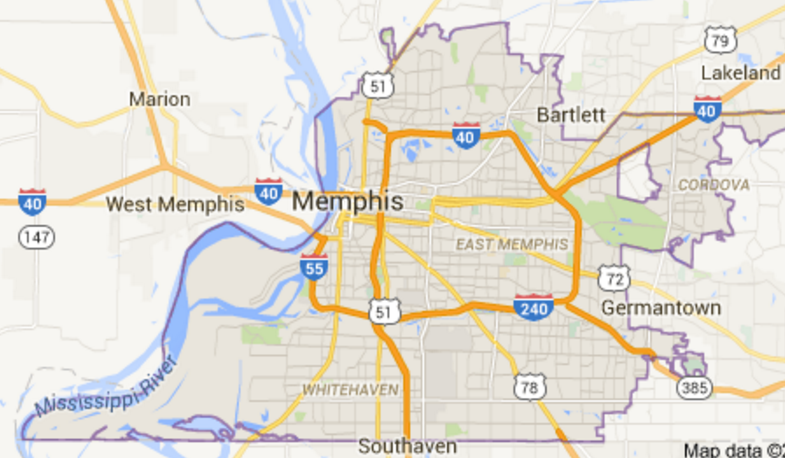
We know that politicians, even wise and knowledgeable ones, whose local constituencies lie primarily outside the current boundaries of the city of Memphis, may find it difficult to fully tell it like it is in the case of the de-annexation bill under consideration in the Tennessee General Assembly.
That fact might explain why Shelby County Mayor Mark Luttrell, whose views on city/county affairs are normally quite balanced, professes not to be unduly concerned about a bill which, on the face of things, threatens to dismember Memphis, depriving it of geographic areas that are prime sources of sustaining revenue.
At this moment, Luttrell necessarily has to be looking to that part of his bailiwick — suburban east Shelby County — that will supply the lion’s share of the votes in the pending election for the 8th District congressional seat which Luttrell is seeking in this year’s election. Fair enough. Sentiment in that area seems, on the basis of attitudes taken by its representatives in the legislature, to be either favorable toward the bill or indifferent to its consequences. However, if the final version of the bill, in its sanction of easy dissolutions, turns out to apply to all incorporated municipalities statewide, including all of those in Shelby County, they may have another think coming.
In any case, we note by contrast to Luttrell’s hands-off approach the response of Sheriff Bill Oldham, who has viewed with concern and simple common sense the increased burdens, financial and otherwise, that will accrue to his department if it becomes wholly responsible for law enforcement in areas that might separate from Memphis.
Unfortunately, the attitude of the Shelby County’s aforementioned suburban legislators seems characterized either by an attitude of vengefulness toward Memphis, as in the case of state Representative Curry Todd, or an affected Pollyanna-ism in the case of state Senate Majority Leader Mark Norris, both of Collierville. We find disingenuous Norris’ protestation that the bill doesn’t de-annex anybody but merely gives annexed populations the right to vote on their status. That’s especially misleading, given Norris’ public rebuke of Memphis Mayor Jim Strickland for laying out the consequences to Memphis of the bill, at least as originally written — notably the potential financial losses to an already cash-strapped city of from $27 million to $78 million.
Norris blithely upbraided Strickland for stressing the bill’s downside (one that the Greater Memphis Area Chamber of Commerce, other Tennessee mayors, and major business leaders like AutoZone founder Pitt Hyde and ranking officials of First Tennessee Bank have testified is realistic). According to Norris, Strickland should be emphasizing Memphis’ advantages to residents rather than what he calls “the parade of horribles” itemized by the Memphis mayor.
Norris seems to believe that the proponents of de-annexation are seeking to physically remove their areas miles away from Memphis, distant from the job opportunities and attractions and developed infrastructure that the city offers. The fact is, all these amenities would still be available to the de-annexed populations; the latter would simply cease to help pay for them. They would become exploiters of Memphis rather than partners in maintaining the city. He should know better, and probably does.